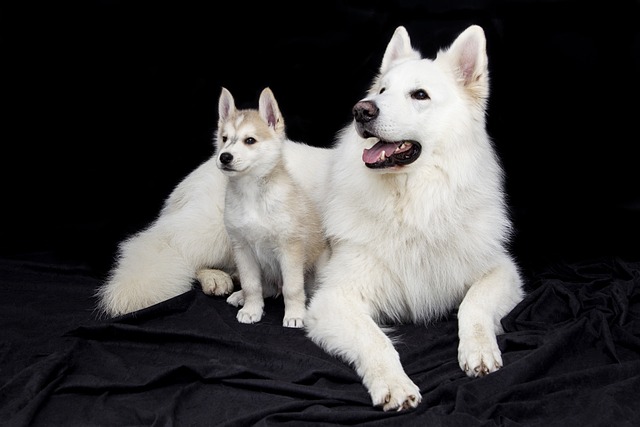
How do i train my dog to be obedient?
Watching your dog dart across the park ignoring your calls isn’t just frustrating—it can put them at risk near busy streets or public spaces.
You're at the park, your dog locks onto a squirrel, and your cheerful "Come!" vanishes into thin air. Sound familiar? Teaching a reliable recall amidst distractions isn't magic – it's about strategically making you more compelling than the chaos. Dogs naturally follow what's most rewarding in that moment. The squirrel, the smell, another dog – their brain prioritizes immediate, exciting stimuli. Yelling or punishment backfires, creating fear or making "come" a cue to avoid you. Positive reinforcement builds a voluntary, enthusiastic response by associating you with pure awesomeness.
Start by identifying your dog's ultimate currency – what makes them truly lose their mind? Is it shredded roast beef? A specific squeaky toy? Reserve these ultra-high-value rewards exclusively for recall training, especially when distractions hit. Practice first in low-distraction zones (your quiet living room, then your fenced backyard). Use a long training leash (15-30 feet) for safety and freedom. Wait for a tiny moment of disengagement from a mild distraction (like glancing away from a bush), then use your happiest voice: "Rex, Come!" Celebrate like they just won the lottery the instant they turn towards you, rewarding lavishly when they reach you.
Systematically crank up the "Three D’s": Distance (call from farther away), Duration (add a brief wait before the cue), and crucially, Distractions. Start easy! If practicing near a sidewalk in your apartment complex, begin when there's just distant traffic noise, not during peak dog-walking hour. See a tempting distraction before your dog does? Create distance! Cross the street, step behind a tree. Struggling? The distraction level is too high – retreat to an easier setting. Never call them away from something amazing unless you're 99% sure they'll come; set them up for success.

Before hitting high-distraction public spaces like busy parks, double-check compliance. Is your dog's rabies vaccination current? It's legally required across the U.S. for public access. Always have waste bags handy – scooping immediately isn't just neighborly, it's often city law (and avoids hefty tickets!). Respect leash regulations meticulously. Even if your recall is improving, parks often mandate leashes unless in designated off-leash zones. Never let your dog barrel towards leashed dogs or people enjoying a picnic; ask permission first.
Forget outdated "corrections." Yanking, shock collars, or alpha rolls? They damage trust and violate modern animal welfare principles deeply ingrained in U.S. and EU pet culture. Positive reinforcement creates a willing partner. If your dog ignores you near distractions, it's not stubbornness – it's likely the environment is overwhelming, or your reward isn't competitive enough. Go back a step.
Make it life-proof. Practice an emergency recall ("Here NOW!") with an insanely good reward, used only for critical situations. In unfenced areas or near hazards, that long-line leash is your essential safety net. Patience and consistent, joyful practice turn a distracted sniff-fest into a happy dash back to you – even when the world is buzzing. Your dog’s safety and community harmony depend on it.

Watching your dog dart across the park ignoring your calls isn’t just frustrating—it can put them at risk near busy streets or public spaces.

New puppy owners often find themselves rushing to clean up accidents before they set in, and that’s where puppy pad training becomes a game-changer.

If you've noticed your dog's waistline disappearing and your veterinarian has mentioned those few extra pounds, your first instinct might be to simply reduce the amount of food in their bowl.

Training a dog to use a designated spot indoors isn’t as daunting as many new owners fear, but it does take consistency and an understanding of your pet’s needs.

That moment of dread on a walk is all too familiar for many new dog owners. You see another dog approaching down the sidewalk of your neighborhood

If the sight of another dog on your neighborhood walk makes your heart sink as your own dog erupts into a frenzy of barking and lunging, you're not alone.